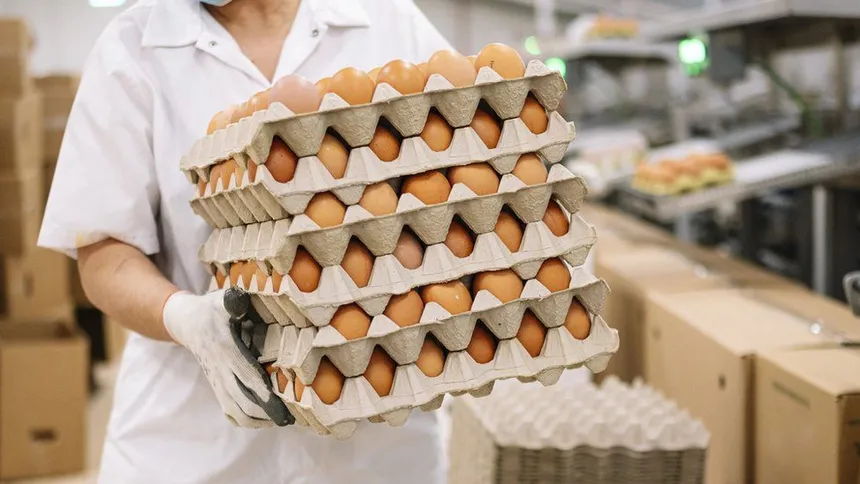Record rainfall has brought farming to a virtual standstill in the UK, with devastating consequences for the nation’s food supply. The persistent wet weather has rendered many fields unsuitable for planting, pushing crops like potatoes, wheat, and vegetables to the brink of disaster. Crops that have been planted are of poor quality, with some already rotting in the ground. The situation is so dire that some farmers are giving up on planting altogether, opting instead to leave their fields fallow or switch to alternative crops.
The knock-on effect is already being felt in the supermarkets, with prices set to rise as a result of the food shortages. One major retailer has reported a 60% year-on-year increase in the wholesale price of potatoes, while supplies of carrots and parsnips are also significantly lower than usual, further pushing up prices. The UK will undoubtedly be more reliant on imports to fill the gap, but with wet weather affecting European countries like France and Germany, as well as drought ravaging Morocco, the supply of imported food is also under threat.

Tom Bradshaw, president of the National Farmers’ Union, warned that the markets have “collapsed” as farmers struggle to produce food in the punishing conditions. “We’re going to be importing a lot more product this year,” he said, a statement likely to send shivers down the spines of consumers already feeling the pinch of rising prices. Jack Ward, chief executive of the British Growers Association, was equally pessimistic, warning that the UK may never see the same volumes of potatoes again. “We are not in a good position and it is 100% not sustainable,” he said.
As the situation unfolds, the consequences of climate breakdown are becoming increasingly clear. Dr Paul Behrens, associate professor of environmental change at Leiden University, sounded the alarm, warning that without rapid action to reduce emissions, the current system is unsustainable. “We should all be extremely concerned,” he said. “We need to be doing everything to reduce emissions while transforming our food systems.”

